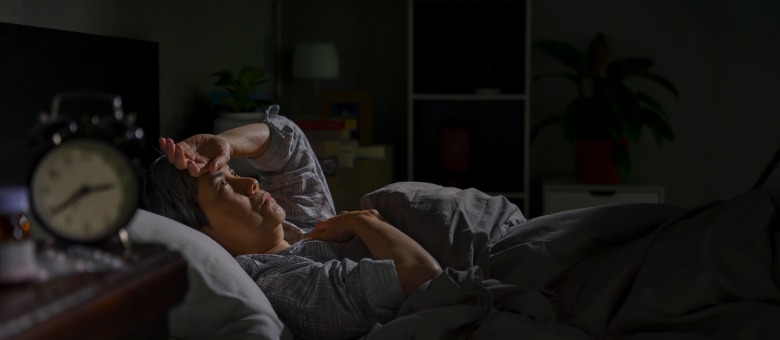
Sleep Strategies For Seniors With Dementia
Irregular sleep patterns are common among seniors diagnosed with dementia, whether due to changes caused by the condition, medications, or any other stimulus. However, seniors and their caregivers can work to mitigate those effects by implementing the following sleep strategies. Seniors who aren’t living with dementia can also use these tips to incorporate more restful sleep into their routine.
Establish a Sleep Routine
A sleep routine includes more than going to bed and waking up at the same time every day. To naturally wind down, seniors can incorporate relaxing or soothing practices into their routine. For example, taking a warm bath or spending half an hour or an hour reading in bed before sleeping can help the body get used to that behavior before resting. If you’re caring for a senior loved one, you can assist by softly reading out loud to them while they relax in bed.
Avoid Stimulation
In this modern world, it’s challenging to avoid stimulation. However, it’s easier for the body to ease into a state of rest with fewer stimuli to react to. Seniors who can limit their exposure to television, smartphones, or even the computer in the hours before they sleep tend to get a better night’s rest.
Exercise Regularly
Chair yoga, tai chi, and other gentle movements like swimming are excellent ways to help seniors expend energy during the day so that they have a reason to be sleepy in the evening. Even a routine walk in the neighborhood can help. Seniors with dementia benefit from regular movement just like everyone else, and physical activity opens the opportunity for social engagement in supportive and inviting settings.
Promote Sleep With Comfort
Enhancing the idea of a sleep routine with a comfortable bed, soft sheets, or a fluffy pillow can make bedtime more enjoyable for seniors. Perhaps having white noise in the background or a diffuser full of their favorite essential oils calms them enough to enable them to sleep. The more inviting and comfortable the room is to sleep in, the less seniors have to do to relax.
Make a Doctor’s Appointment
For some seniors, the medications they’re taking due to dementia can negatively affect their sleep patterns. In these cases, it’s best to make an appointment with their physician to discuss changes in medication, whether dosage, frequency, or even switching to a different type of medication altogether. Physicians can also suggest other ways to establish and maintain a sleep routine.
Calmly Address Nighttime Disruptions
Seniors with dementia may wake up during the night in an agitated state. Caregivers can help them stay calm by asking them why they woke up and what they need. Keeping the lights low and the setting relaxed can also help seniors return to sleep faster based on their sleep routine.
Specialized Care from Visiting Angels of Matawan Caregivers
Many family caregivers struggle to assist aging loved ones with dementia, but they don’t have to go it alone. Visiting Angels of Matawan caregivers are trained to help manage dementia-related symptoms, including insomnia. Our care staff also offer the following blog posts as resources for seniors and their families:
- How to Keep Your Memory Sharp
- The Importance of Routine for Seniors
- Preparing for Mid-Stage & Late-Stage Alzheimer’s Care
- How Home Care Changes Between Alzheimer’s and Dementia
If you’d like to learn more about our senior care services, contact us to schedule a consultation. Our care coordinators will then schedule a time to meet with you and your aging loved one to create a personalized care plan. We’re happy to answer any questions you may have along the way.
